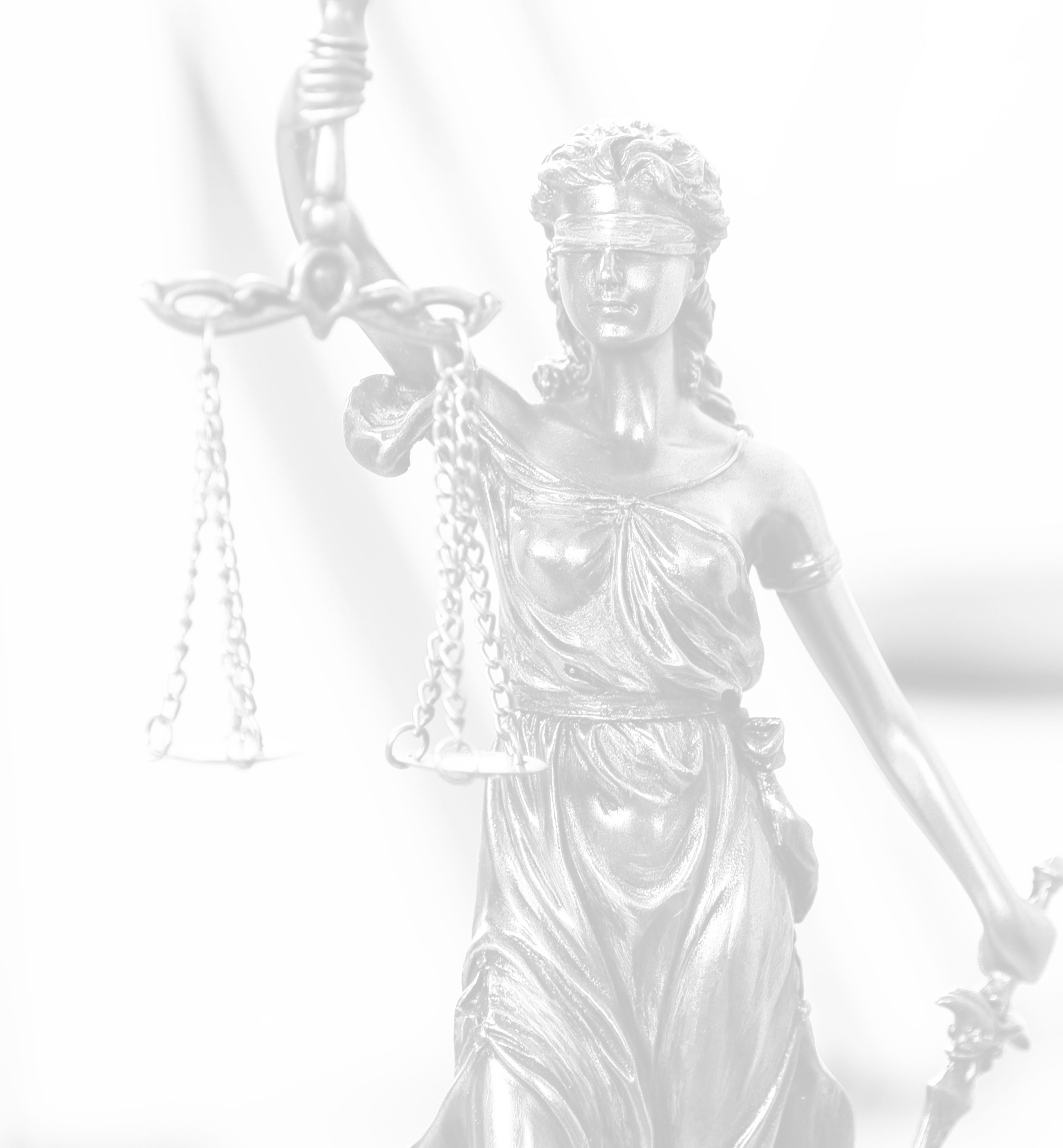Your Personal Injury Guide
We accept your case with a sense of responsibility. In performing legal work for you, we provide well-trained experienced lawyers, legal assistants, competent secretarial services, modern equipment, and complete research and library facilities. Your problems are given our devotion and personal attention to obtain for you the best results possible in the most reasonable time.
The preparation of your case is a working partnership. It is a process of finding and preserving the evidence. Please confide in us. We need ALL the evidence, whether good or bad.
Although most cases are settled before trial, we have been successful by preparing each case as if it were going to trial. Whether we are dealing with a jury, defense lawyer, or insurance adjustor, our job is to present your case the best possible way.
We will send letters to your doctors and hospitals, notifying them that you have retained us to represent you and request that they not give medical information to the insurance adjuster for the other party. We will contact the investigating officers and witnesses for their statements. We may also request your employment information and conduct necessary interviews to document your economic loss. When needed, as investigator may be hires to obtain needed material we feel is important to your case.
One of the factors which might affect the value of your case is a legal doctrine known as “comparative negligence”. Under this rule of law, if it can be shown that you were also negligent and contributed to the accident, the value of your case will be reduced by the percentage of negligence which is chargeable to you. We will evaluate all the available evidence to determine the chances of obtaining a judgment in your favor.
You should try to handle yourself as if this case didn’t exist. It is a mistake for you to “bank” on a recovery. We think you deserve a recovery, or we would not have taken your case. However, the less your life depends on the recovery, the stronger our position will be against the insurance company.
The nature of the work is such that your lawyer will be out of the office or even out of town from time to time. We return all of our calls as soon as possible, but not always are we able to reach you when we return the call. Here are some things that might help:
Take advantage of our staff. Our legal assistants are highly skilled and carefully chosen. They must have access to the files to do the job and have the same confidential relationship with you that the attorneys have. While they cannot give legal advice, they can answer many questions about what is going on in your case, when depositions are set, how a court rules on a particular matter, or whether or not we have heard from a particular person.
Leave a message. If the secretary cannot help you, outline the question or problem to them. That makes it possible for us to help you from out of town and cuts down on the common experience of the client and lawyer playing “phone tag”.
If you have something you feel is confidential, we suggest you put it in a letter marked “confidential” on the outside.
Our more common practice is to thoroughly prepare your case and communicate with the defendant and his insurance company prior to actually filing suit in an attempt to reach an agreeable settlement. In other situations, however, the suit may be filed right away. In either case, the following procedures apply:
The Compliant
A law suit is started by the plaintiff filing a piece of paper called the Complaint.
The Answer
It is a formal response from the defendant. It is very rare that liability and damages are admitted in the Answer. This is the time when the defense can make any counterclaims they feel they have against you and allege that you may have in some way contributed to the cause of your injuries.
DISCOVERY DEPOSITION
When the lawyers take someone’s statement under oath, in front of a court reporter, that is called a deposition. A deposition is just an informal proceeding in an office or conference room where the court reporter takes down your answers to the other lawyer’s questions in our presence. Since the lawyers didn’t know anything about the facts of the case to start out with, they have to learn the facts from the people involved. After the facts have been discovered by deposition and otherwise, the case goes to trial. The other lawyer is merely doing his job for his client, has nothing personal against you, is usually friendly, and is almost always courteous and respectful.
Under the rules of practice in Florida, each side in the lawsuit has the right to take the discovery deposition of the opposing party. When you become a plaintiff or defendant in any litigation, the opposing party may require you to appear at a specific time and place to give your oral testimony under oath in the presence of a court reporter for future use in the law suit.
Your deposition, properly given, can go a long way in assisting your lawyer in handling your litigation either by settlement or at trial. What you do at the deposition can help you or hurt you, depending on your attitude, truthfulness and appearance. You must answer allowable questions, but remember revealing too much too easily will only help the defendant’s case and hurt yours.
All those who have been injured or who are related to a family member who has been hurt have a natural urge to tell their story. Resist this urge. The time to tell your story will be at trail when a judge and jury are there to hear you.
The most important people listening to you at your deposition are the attorneys for the other side. They are there to learn everything they can about your case and then figure out a way to beat you. You must tell as little as possible while still being truthful.
The purpose of the deposition is not only to pick the mind of the witness, but also to evaluate how you will appear to a jury. Depositions also help attorneys to determine the settlement value of your case.
YOUR PERSONAL APPEARANCE
Usually, the first opportunity that the opposing counsel has to see you is at you deposition. It is important that you make a good impression. You should appear at the deposition dressed as you would if you were going to court. You and your clothing should be neat and clean. Wear your Sunday best rather than your casual attire. Hair should be trimmed, clean and brushed. Shoes are required. Clothing should not be too tight, too short, or too revealing.
YOUR DEMEANOR
Treat all persons in the deposition room with respect. Consider this an important and solemn occasion. Avoid “getting chummy” with opposing counsel or his client. Be earnest and fair and honest in your responses. Tell the truth. Never lose your temper. Don’t be afraid of the lawyer. Speak clearly and slowly. Do make eye contact with the attorney asking the questions. Stay calm.
DEPOSITIONS ARE NOT CONVERSATIONS
Depositions are formal, legal proceedings. You are not there to make the other side understand your story. Be polite, but don’t make small talk. If there is no question pending, don’t say anything.
GIVE THE ATTORNEY AS LITTLE INFORMATION AS POSSIBLE WHILE STILL TELLING THE TRUTH
Answer all questions directly, giving concise answers to the questions and stop talking. Stick to the facts and testify to only that which you personally know. Do not help the defense attorney to understand your case.
THINK BEFORE YOU ANSWER
Take your time. Make sure you understand the question. If you don’t understand the question, ask that it be explained. Do not tell the attorney what you think he wants to know. Just answer the question he asks you.
KEEP YOUR ANSWERS SHORT
When you give a lengthy answer, you’re revealing more information – and giving the defendant’s attorney ideas for more questions. Testify only to the “basic facts” and do not attempt to give opinions or estimates of time and distance unless you have good reason for knowing such matters.
NEVER GUESS
If you do not know the answer, say you do not know. Some witnesses think they should have an answer to every question asked. You cannot know all the facts, and you do yourself a disservice if you attempt to testify to facts which you are not acquainted. Tell the exact truth about your injuries or losses; do not minimize or exaggerated. Don’t memorize your story. Justice requires only that a witness tell his story to the best of his ability.
NEVER VOLUNTEER INFORMATION
Wait until the question is asked – answer it and STOP. If you can answer yes of no, do so and stop. If there is a silence, do not fill it with talk. Stop talking when your attorney objects. When we say “I object”, stop talking immediately.
DO NOT GET ANGRY
Becoming angry will sometimes will make you reveal too much information, and will send the message that you are ill-prepared to be a witness and cannot control yourself. The attorneys for the other side will try to take advantage of that weakness at trial. Stay calm.
DO NOT DISCLOSE ANYTHING YOUR ATTORNEY HAS TOLD YOU
It is proper for us to prepare you to give your deposition, but everything we tell you is privileged. These instructions are privileged. What other attorneys, paralegals, and consultants in this office have said verbally or in writing is subject to the attorney-client privilege. The other side should not inquire about it. Never volunteer such information.
DO NOT DISCLOSE ANYTHING YOUR ATTORNEY HAS TOLD YOU
It is proper for us to prepare you to give your deposition, but everything we tell you is privileged. These instructions are privileged. What other attorneys, paralegals, and consultants in this office have said verbally or in writing is subject to the attorney-client privilege. The other side should not inquire about it. Never volunteer such information.
COURTROOM DECORUM
When appearing in the County or Circuit Court of the Eighteenth Judicial Circuit, you must abide by the following:
* Stand as Court is opened, recessed or adjourned
* Stand when the jury enters or retires from the courtroom
* Stand when addressing or being addresses by the Court
* Avoid disparaging personal remarks
* Refer to all persons by their surnames and not by their first or nick name
* Smoking, eating, and drinking are prohibited in the courtroom at any time
* Reading newspapers, books or other printed material is prohibited while Court is in session
* Remain detached and avoid gestures, facial expressions, audible comments, or the likes
Get in Touch

